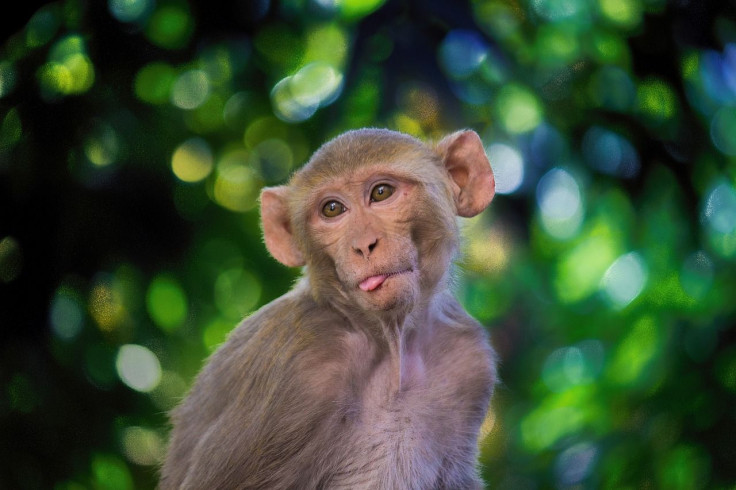6 Monkeys Did Not Get Coronavirus Infection After Given Experimental Vaccine By Oxford

KEY POINTS
- Six monkeys were given an experimental vaccine developed by Oxford
- Reports stated that the monkeys did not get infected even after heavy exposure
- Although promising, there is no guarantee yet if the vaccine will work on humans
An experimental vaccine developed by University of Oxford researchers was administered to six rhesus macaques and were then exposed to the coronavirus. The experimental vaccine called by researchers as hAdOx1 nCoV-19 reportedly helped prevent the monkeys from getting ill after heavy exposure. While researchers did not give any guarantee as to whether or not the vaccine will work on humans, these animal tests are a promising sign, The New York Times reported.
Remained Coronavirus-Free
The Oxford Vaccine Group, a vaccine research team within the Pediatrics Department at the University of Oxford, developed the vaccine more than a month ago. The animal experiment, on the other hand, was performed in late March by government scientists based at the Rocky Mountain Laboratory in Hamilton, Montana.
The animal experiment, which was carried out last month, involved six monkeys being administered the vaccine developed by Oxford researchers. At the end of 28 days, the monkeys were found to remain coronavirus-free even after sustained exposure to the deadly virus. Researchers say the result is very promising and an early optimistic sign for the vaccine. They said, however, that a working human version may still be several months away, even in the best-case scenario. Last week, the Oxford Vaccine Group reportedly started its human trials for the vaccine.
The Experiment
After receiving a dose of the vaccine produced by the Oxford Vaccine Group and the Jenner Institute, they were exposed to heavy levels of coronavirus. These levels were known to have caused other monkeys to get sick in the past. After 28 days of continuous exposure to high coronavirus levels, the six monkeys showed no signs of being sick. In fact, the researchers told The Times that the monkeys remained healthy for the duration of and after the experiment.
In an interview with The Times, Dr. Vincent Munster said they chose the rhesus macaque because it is the “…closest thing we have to humans.” Dr. Munster is the head of the Virus Ecology Unit at the Rocky Mountain Laboratory. The Jenner Institute is an independent research institute named after the inventor of vaccination, Edward Jenner. Working in conjunction with the Oxford Vaccine Group, the institute is leading the global race in the quest for a coronavirus vaccine.
Reports say that the human trials being conducted by the Oxford Vaccine Group began Thursday and are expected to conclude in September. Researchers say the process of coming up with a vaccine takes a long time. They also say that if they can come up with a usable product by September, it would even be classified as unusually fast.
© Copyright IBTimes 2024. All rights reserved.





















